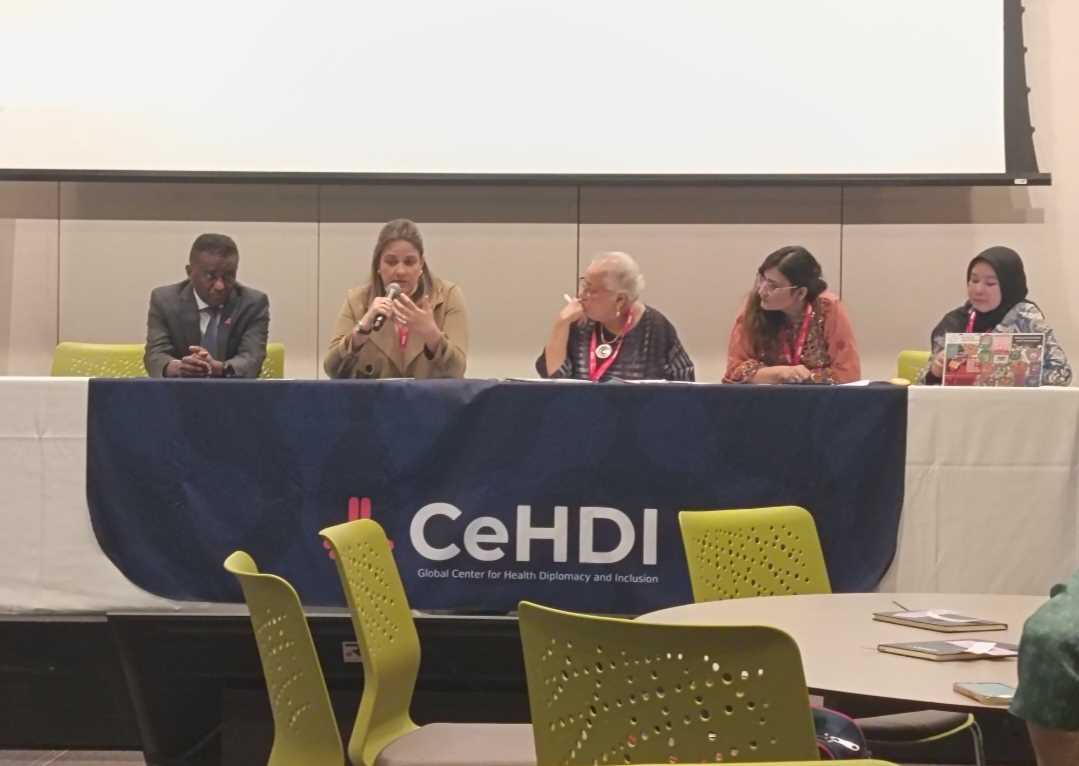
At this year’s International Conference on Family Planning, the Global Center for Health Diplomacy and Inclusion convened a powerful side event that brought the world’s leading voices on gender, health equity and human rights into one room.
The event set the tone for the global 16 Days of Activism against Sexual and Gender-Based Violence by confronting the growing backlash against sexual and reproductive health and rights across the world — and laying out collective strategies to protect these gains.
Dr Tlaleng Mofokeng, the United Nations Special Rapporteur on the Right to Health, underscored that the right to health is not an abstract idea but a lived commitment to justice, bodily autonomy and equity.
She warned that anti-rights movements are gaining ground globally, restricting access to SRHR in ways not seen in decades. Healthcare workers and human rights defenders, she said, are being silenced as evidence-based policies are increasingly replaced by ideology.
Despite this, Dr Mofokeng stressed that the movement is not powerless. She called for principled leadership, firm investment in equity, and comprehensive, unrestricted funding that does not force organisations to abandon marginalised groups in exchange for support.
“Maternal health, sexual and reproductive health and rights, and universal health coverage must not be competing agendas. They are all part of the same promise of human dignity,” she said.
Alison Drayton, Assistant Secretary General at CARICOM, echoed these concerns, noting that the right to health is a binding legal obligation grounded in international human rights law. Yet around the world, particularly in 2024, women’s rights have faced alarming rollbacks, with nearly a quarter of countries experiencing significant backlash.
She urged governments to place people at the centre of health responses, reminding delegates that access to SRHR is not a privilege but a foundational requirement for wellbeing and sustainable development. Every woman, she said, should be able to give birth safely, and every adolescent should have access to accurate information — regardless of income or geography.
For Dr Haileyesus Getahun, founder and CEO of CeHDI, governments’ obligations are clear and codified under international law. He highlighted the International Covenant on Economic, Social and Cultural Rights, signed by 174 countries, which obligates states to respect, protect and fulfil the right to health.
Related Stories
“Right to health is not just an obligation — it is a commitment,” he said. “Governments must ensure they do not interfere with the enjoyment of health, must not bring harm, and must put in place everything necessary so that every person fully enjoys this right.”
He noted that accountability mechanisms exist, including the universal periodic review, which offers an opportunity every few years to assess governments’ progress. But he warned that the current global environment poses significant challenges.
“The multilateral system is not working as it should. The UN Charter is under distress and requires resuscitation,” he said.
Aysha Amin, founder of Baithak in Pakistan, delivered a poignant reminder of the realities faced by women in marginalised communities. She described SRHR as “a very distant dream” for many girls and women, especially in patriarchal settings.
“SRHR is lifesaving and critical,” she said, “but it is still not a priority in many communities. When it is not integrated as a right in universal health coverage, the toll falls heaviest on the bodies of young girls and women.”
She added that the voices of those most affected are often missing from decision-making spaces, perpetuating exclusion and deepening inequities.
Shobha Shukla, Coordinator and Host of SHE & Rights, underscored the importance of amplifying diverse voices in global health spaces. She stressed that ensuring rights-based, people-centered health systems requires active participation and recognition of lived experiences.
“We must ensure that those at the margins are not spoken for but are heard directly,” she said. “Our collective progress depends on lifting these voices, not sidelining them.”
The discussions at the CeHDI side event made one message clear: the world is at a critical moment. As commitments to women’s rights come under intensified attack, leaders, governments and civil society must recommit to protecting the right to health as a universal and non-negotiable guarantee.
With 16 Days of Activism underway, the call from ICFP is unmistakable — safeguarding SRHR is essential not only for women and girls but for the health, dignity and future of societies everywhere.










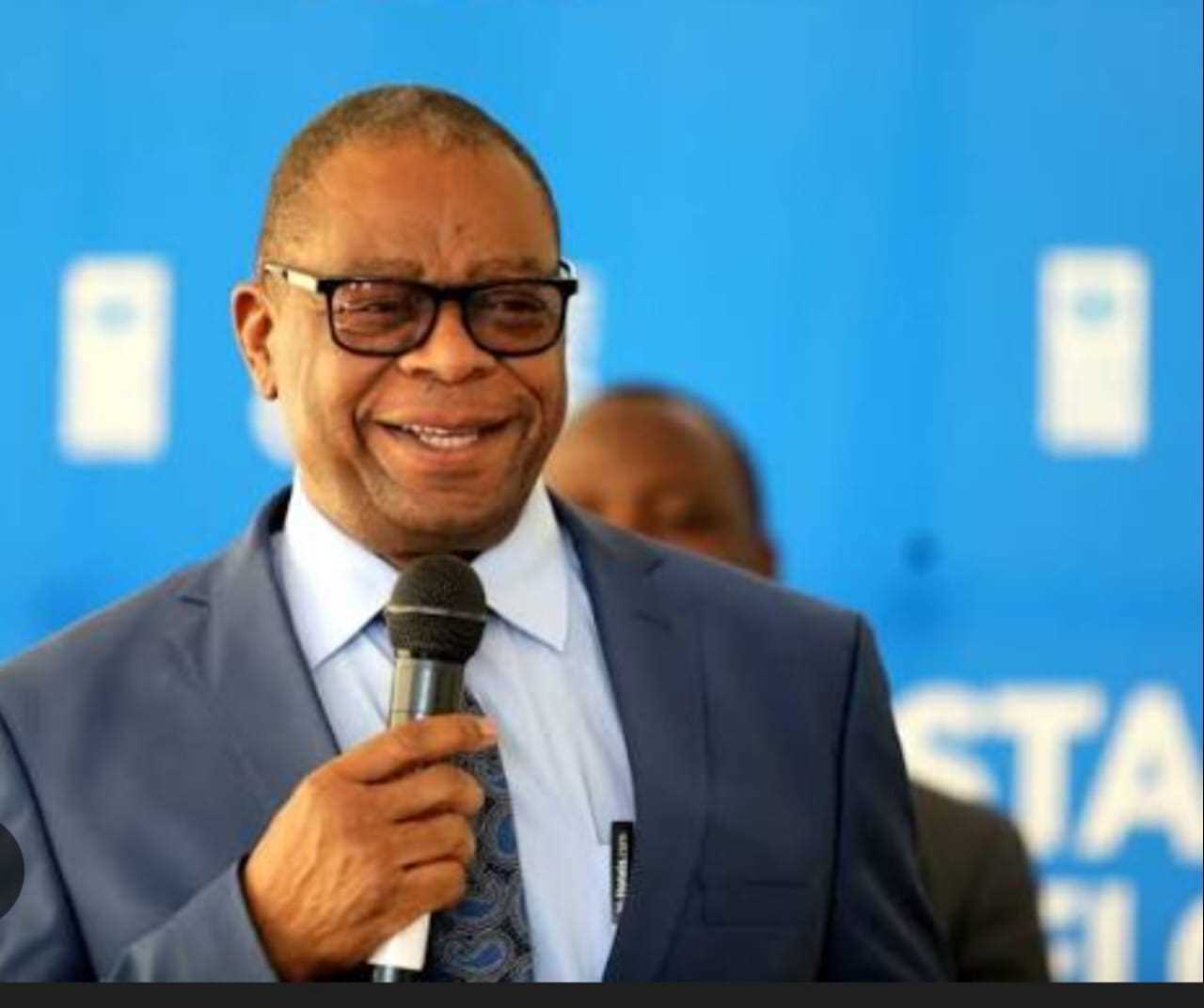
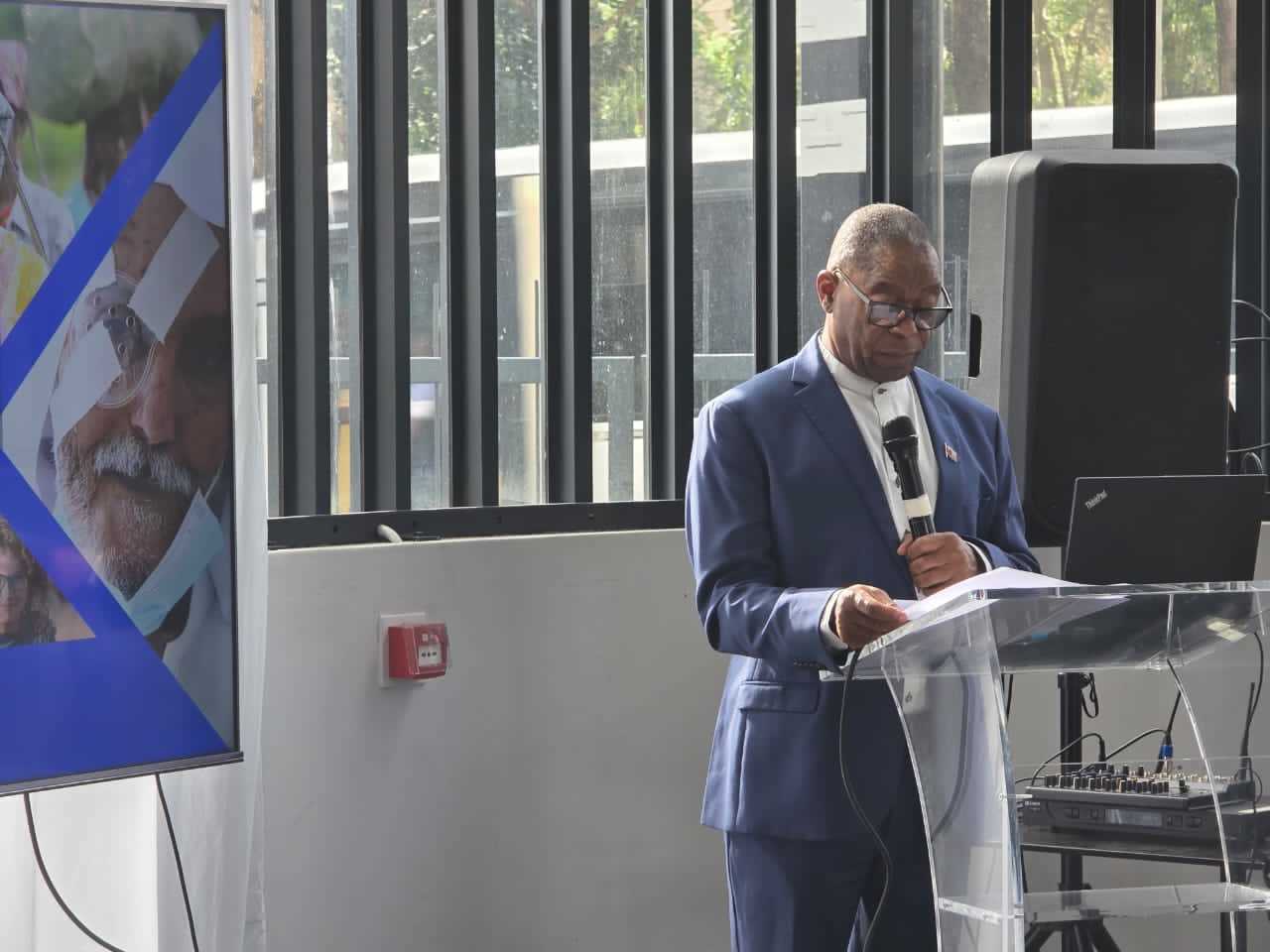
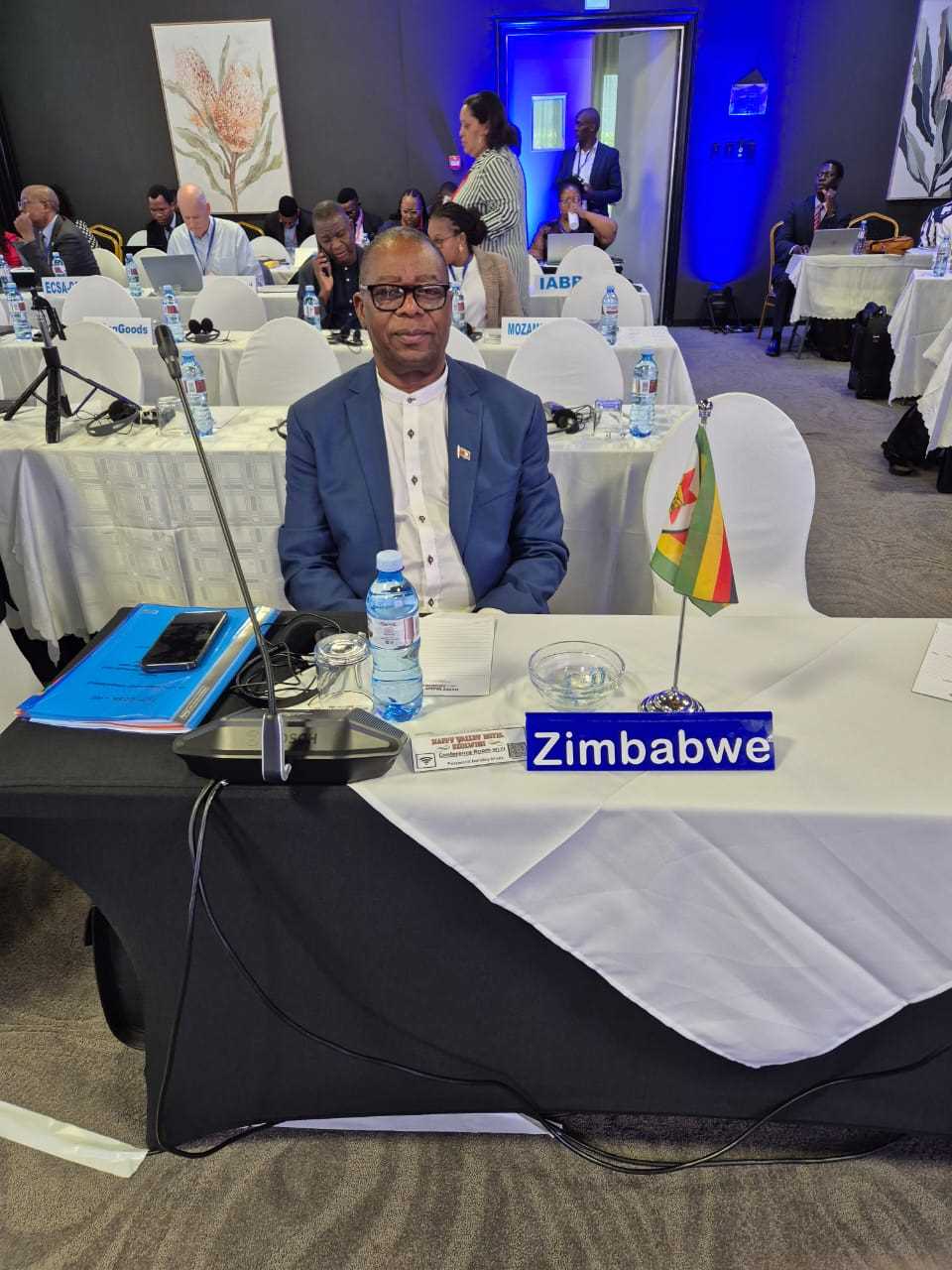



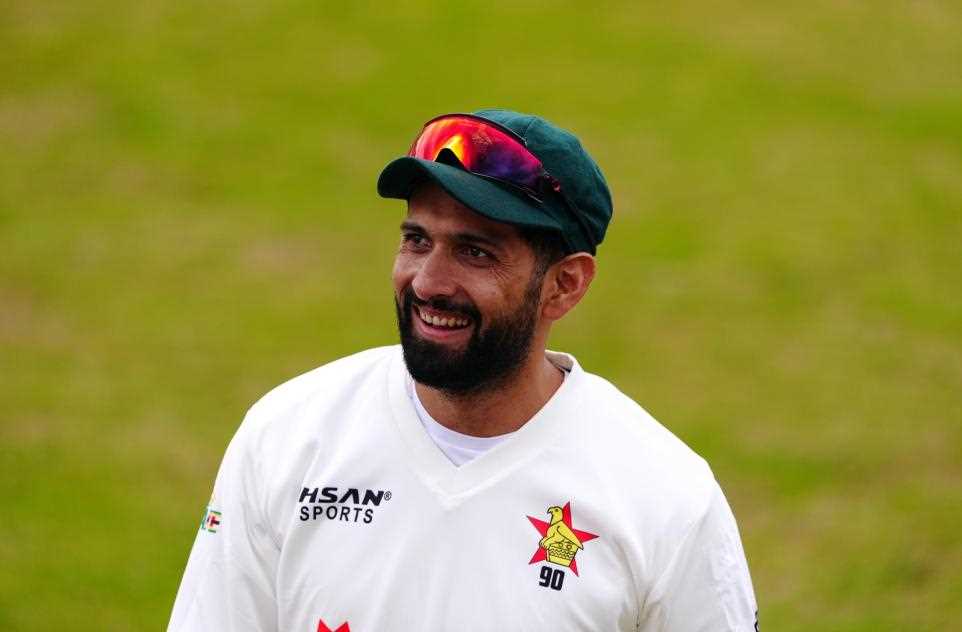



Leave Comments